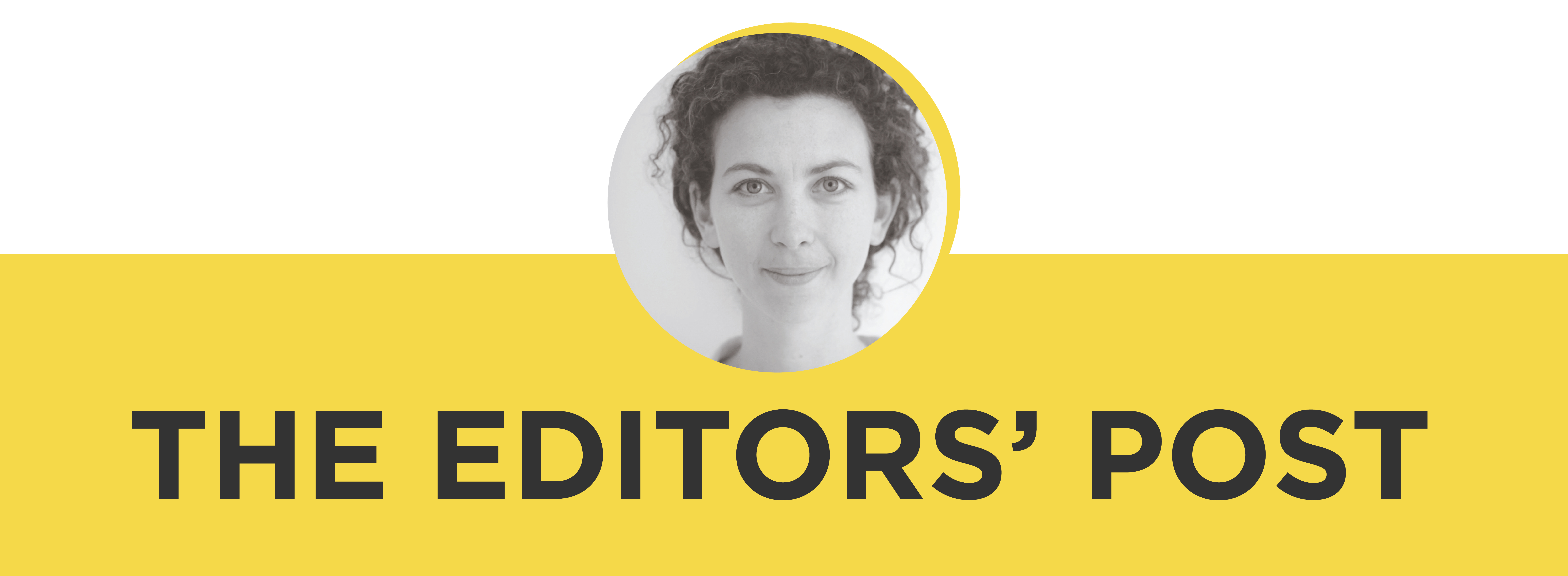The Editors' Post: Social economy gets its moment at the UN

Readers react to this week's “huge win” for social enterprise, while a battle for better business continues in Brussels. Plus, our new series from Michael Solomon and a fresh look at floral waste in India. This week's view from the Pioneers Post editors.
Pioneers Post readers have already called it a “huge win”, and a “historic moment”; one even described feeling “deeply moved” by the news.
In some ways, this week’s UN resolution doesn’t tell us anything new – it defines the “social and solidarity economy” (a term now also favoured in EU and OECD circles), and recognises the role that social enterprises, foundations, cooperatives and others can play in sustainable development.
But in other ways, it sends a pretty resounding signal of global consensus. The resolution encourages more supportive policy and legislation in 193 countries, and calls for more financial support, including from development banks. What happens next remains to be seen. But, as one expert points out, this first ever UN resolution on this topic marks a firm step forward. Ten or 15 years ago, the narrative was generally a “repeating loop” of asking: “What is social entrepreneurship? Why is it important?” This week’s recognition has shifted the conversation from what and why, to how.
Meanwhile in the corridors of power in Brussels, campaigners are fighting to save what they call a “groundbreaking” directive from being watered down. I spoke to B Lab Europe’s Katie Hill to find out why she’s been working on this for more than two years – and why some are still not convinced by the idea of requiring company directors to consider their broader stakeholders. Yesterday, we learned that the campaign had passed one milestone, with agreement from the relevant committee at the European Parliament. But with two more votes in parliament and negotiations with member states still to go, the battle ain’t over yet.
Emperor’s new clothes
This week, we bring you the first in a new series by responsible business expert Michael Solomon, who is fed up with business as usual. He’s also aware that his own work may have been part of the problem. Now, he’s got some ideas for how to change things. And he wants you to challenge them: read on to find out more.
Could one solution be the ‘Future Guardian’ model of business? Paddy Le Flufy is a fan – but it’s still only in use by one small startup. How do we replicate it, fast? It involves Patagonia and B Lab, according to the author: find out why.
Outlandish ideas
Finally, we’ve got more for you from last week’s Skoll World Forum – with interviews with some of the world’s leading social innovators and network-builders.
And, if you’ve ever struggled to convince someone that your idea has legs, you’ll enjoy this week’s business profile, with Indian upcycling pioneer and Eartshot Prize finalist, Phool. “Initially, our idea really seemed outlandish,” Phool’s Apurv Misal told us. “People were wondering: what are these kids going to do with temple flowers?” They pulled it off, though – attracting highly experienced staff, disrupting a vast and long-established market, and providing work to several hundred women in the process. Their secret to success? A little bit of “crazy”, a whole lot of belief.
This week's top stories:
‘Historic moment’ for social enterprise as UN adopts resolution on social and solidarity economy
Social Business Profile: Phool – the Indian venture upcycling floral waste
‘Groundbreaking’ EU stakeholder governance directive risks being watered down, warn campaigners
Top image: Yolanda Díaz Pérez, Spain's Minister of Labour and Social Economy, addresses the UN General Assembly (UN Photo/Loey Felipe)
Thanks for reading our stories. As an entrepreneur or investor yourself, you'll know that producing quality work doesn't come free. We rely on our subscribers to sustain our journalism – so if you think it's worth having an independent, specialist media platform that covers social enterprise stories, please consider subscribing. You'll also be buying social: Pioneers Post is a social enterprise itself, reinvesting all our profits into helping you do good business, better.

